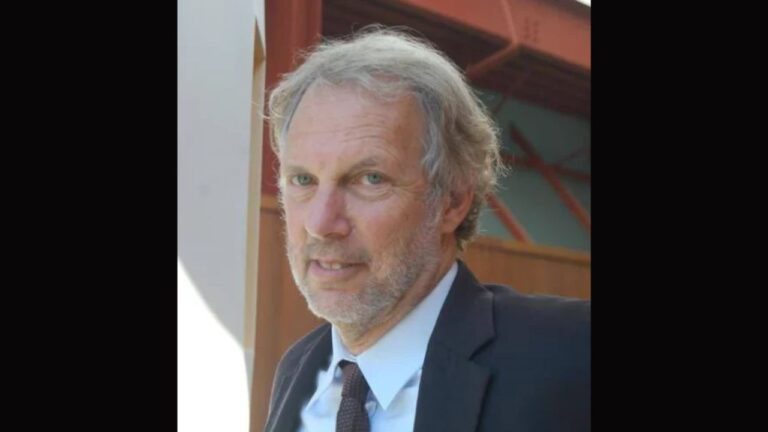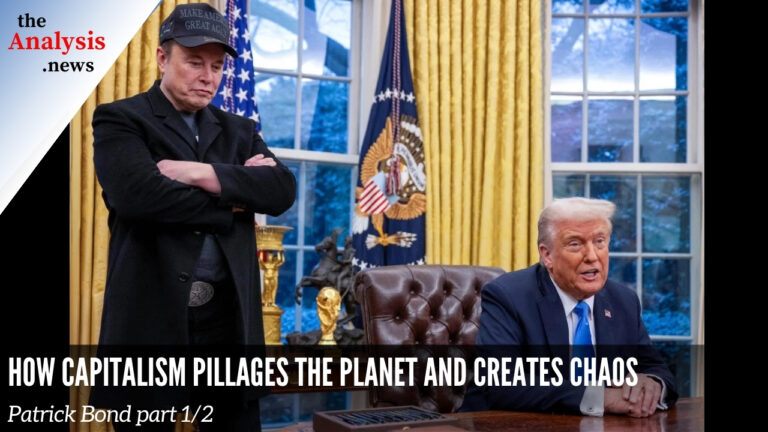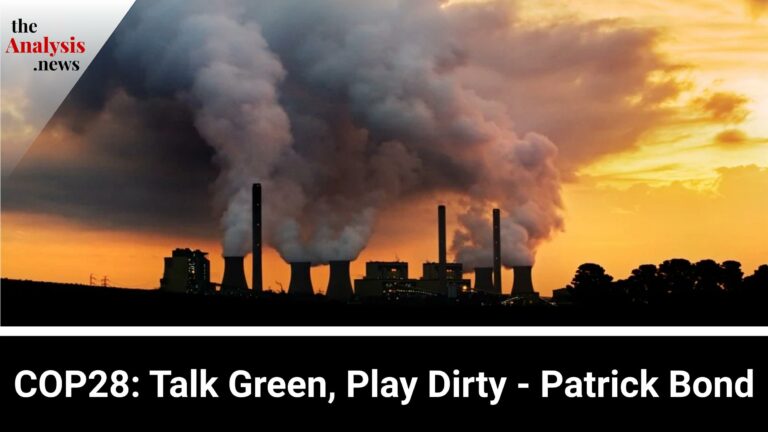Can the Green Transition Work for Workers? – Robert Pollin
This interview was produced by INET. Robert Pollin presents a compelling case for a global Green New Deal that fights climate change without sacrificing jobs. He explains why the shift to renewable energy is not just technologically possible, but economically beneficial—creating far more jobs than fossil fuels. But without strong labor protections and guaranteed wages, pensions, and reemployment for fossil fuel workers, the transition risks political backlash. Drawing from work in West Virginia and beyond, Pollin outlines the real costs, benefits, and global financing strategies needed to meet the 2050 net-zero target—while ensuring no community is left behind.









